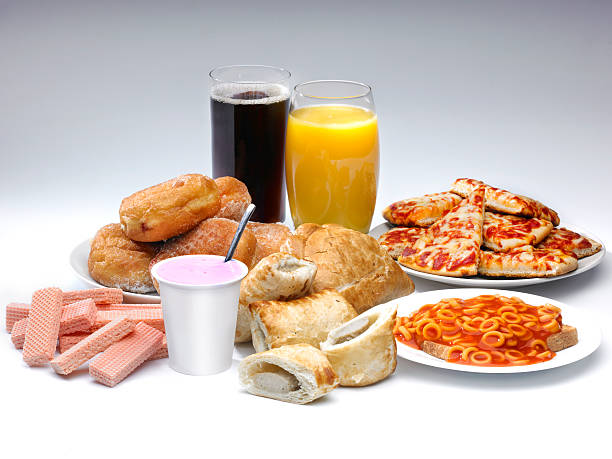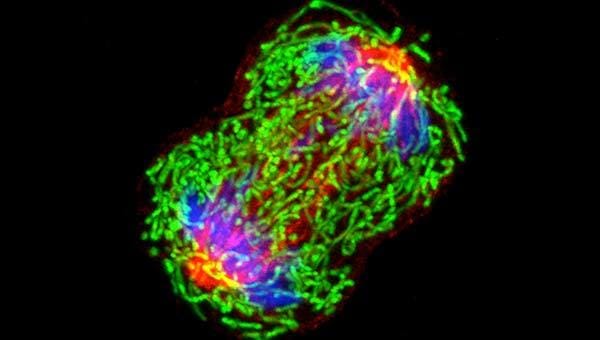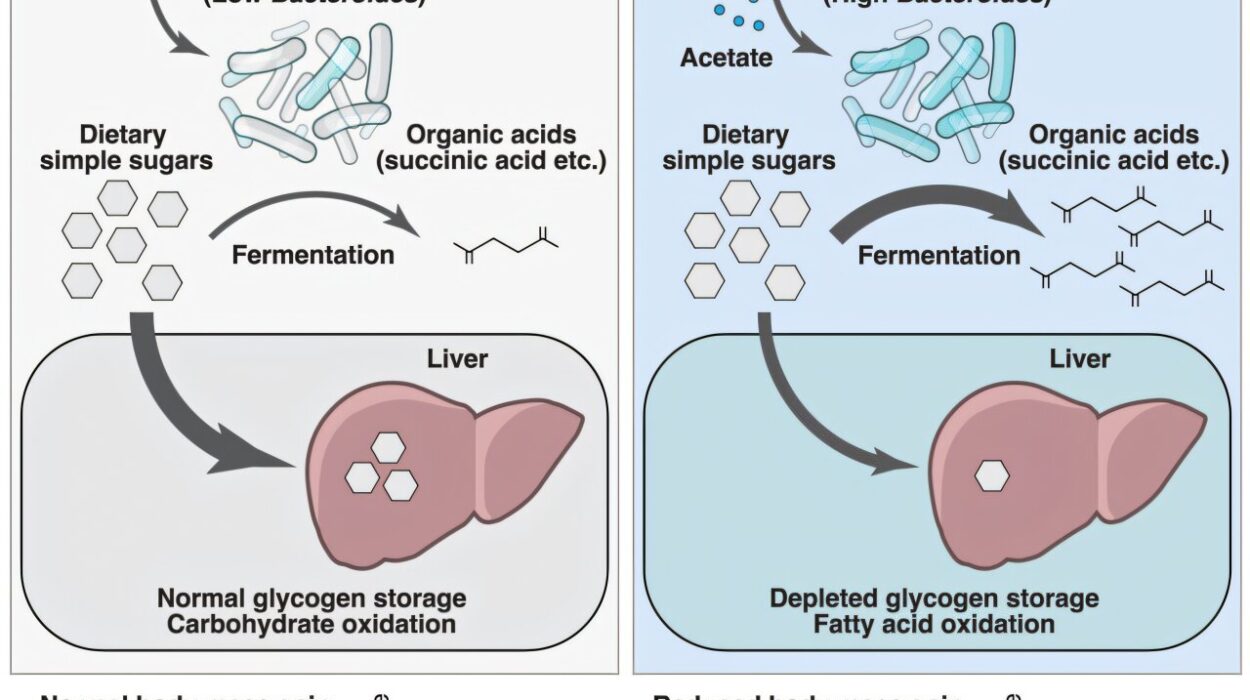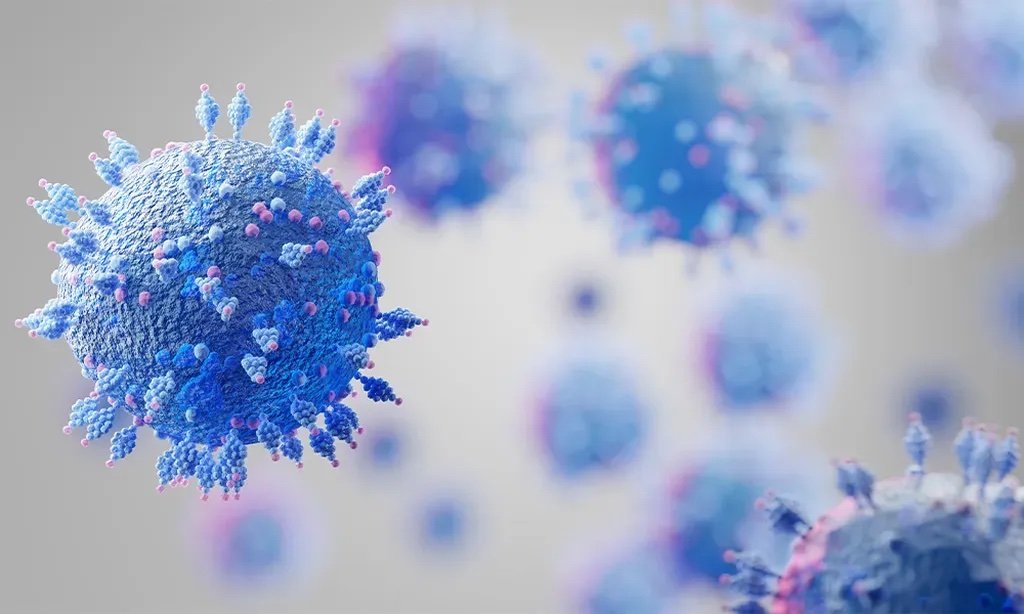In just half a century, the health of humanity has undergone a profound transformation. Rates of obesity and type-2 diabetes have climbed dramatically across the globe, reshaping not only the way we live but also the way we die. At the same time, an equally troubling but quieter crisis has emerged: sperm quality in men has declined significantly, raising questions about fertility and the future of reproduction.
One factor increasingly under the microscope is our changing diet. As supermarket shelves filled with brightly packaged, ready-to-eat foods, our meals became faster, cheaper, and more convenient. These products—known as ultra-processed foods—have become staples in modern diets. From frozen pizzas to sugary breakfast cereals, sodas to snack bars, they promise ease but may come at a hidden cost.
For years, scientists debated whether it was the sheer calorie content of these foods that drove disease, or whether something about the foods themselves—the way they are made, the additives, the packaging—was uniquely harmful. Now, new evidence provides a striking and unsettling answer.
Same Calories, Different Outcomes
An international team of researchers has shown that ultra-processed foods can harm health even when consumed in equal calories to unprocessed meals. Their findings, published in the journal Cell Metabolism, reveal that the industrial nature of these foods—not simply overeating—plays a direct role in damaging both metabolic and reproductive health.
The study was carefully designed to eliminate guesswork. Forty-three healthy young men, aged 20 to 35, took part. Each man spent three weeks on an ultra-processed diet and three weeks on a minimally processed diet, with a three-month “washout” period in between to reset their systems.
Importantly, both diets contained the same number of calories, protein, fat, and carbohydrates. Some participants were given extra calories, others not, but everyone consumed the same nutrients in terms of energy. On paper, the diets looked identical. But in practice, the results could not have been more different.
On the ultra-processed diet, participants gained around one kilogram more fat mass than they did on the unprocessed diet—despite the calorie balance. Even more concerning, markers of cardiovascular health worsened, hinting at long-term risks for heart disease.
The message was clear: it wasn’t simply overeating that caused harm. The very act of consuming ultra-processed foods altered how the body responded.
Pollutants on the Plate
The surprises didn’t end with weight gain. When scientists analyzed blood samples, they discovered elevated levels of phthalates—chemicals commonly used in plastics and known as endocrine disruptors. One form in particular, cxMINP, was found at significantly higher levels in men on the ultra-processed diet.
Phthalates are concerning because they interfere with hormones, the body’s chemical messengers. In the study, men on the ultra-processed diet showed reduced levels of testosterone and follicle-stimulating hormone (FSH), both of which are essential for sperm production.
This means the effects of diet were not limited to weight or metabolism—they reached deep into the reproductive system. The study suggests that consuming ultra-processed foods introduces hormone-disrupting pollutants into the body, undermining fertility in ways that could affect not only individual health but also future generations.
Beyond Calories: Why Processing Matters
The findings force us to rethink one of nutrition’s most entrenched assumptions: that all calories are equal. For decades, health advice boiled down to balancing energy in with energy out. Eat fewer calories than you burn, and you’ll maintain a healthy weight. Simple, right?
But science is revealing a more complex truth. Calories from ultra-processed foods do not behave like calories from fresh, minimally processed foods. The additives, industrial techniques, and packaging materials used in processing can alter how our bodies absorb and metabolize food.
For example, emulsifiers and stabilizers may disrupt the gut microbiome. Highly refined ingredients may spike blood sugar in ways whole foods do not. Packaging chemicals, as this study shows, can leach into foods and accumulate in our tissues. All of this adds up to a reality that defies the neat equations of calorie charts.
A Wake-Up Call for Modern Diets
The implications of these discoveries are profound. If ultra-processed foods harm health even when eaten in moderation, then current dietary guidelines may be underestimating the risks. It is not just about cutting sugar, salt, or fat; it is about reconsidering the very nature of the food itself.
Professor Romain Barrès, senior author of the study, expressed his alarm bluntly: “We were shocked by how many body functions were disrupted by ultra-processed foods, even in healthy young men. The long-term implications are alarming and highlight the need to revise nutritional guidelines to better protect against chronic disease.”
This is not merely a scientific issue but a societal one. Ultra-processed foods dominate global food systems because they are cheap, convenient, and profitable. They save time in busy households and provide shelf-stable options where fresh food is scarce. But their hidden costs—to waistlines, hearts, and fertility—may far outweigh their convenience.
Rethinking the Food of the Future
The question now is not whether ultra-processed foods are harmful—they clearly are—but how society chooses to respond. Should governments regulate the use of certain additives or packaging materials? Should health campaigns emphasize food processing levels, not just nutrient content? Should the food industry be pushed to innovate healthier ways of creating convenience without compromise?
As science continues to unravel the true impact of ultra-processed diets, one thing is certain: the way we eat today will shape not only our personal health but the health of future generations. The decline in sperm quality is not an isolated problem—it is part of a larger pattern connecting diet, environment, and human well-being.
The Takeaway: More Than Just Food
At its core, this research reminds us that food is not simply fuel. Every bite carries with it chemical signals, cultural meanings, and biological consequences. When we trade natural, minimally processed meals for industrially engineered products, we may be feeding more than hunger—we may be feeding disease.
The story of ultra-processed foods is not one of villainy alone. It is a cautionary tale about the trade-offs of modern life. In our rush for convenience, we may have underestimated the profound connections between what we eat, how our bodies function, and even our ability to create life.
The challenge now is to reclaim balance: to use science not only to uncover harm but also to chart a healthier path forward. Because in the end, the true measure of progress is not the number of products on our shelves, but the vitality of the people who consume them.
More information: Jessica M. Preston et al, Effect of ultra-processed food consumption on male reproductive and metabolic health, Cell Metabolism (2025). DOI: 10.1016/j.cmet.2025.08.004






